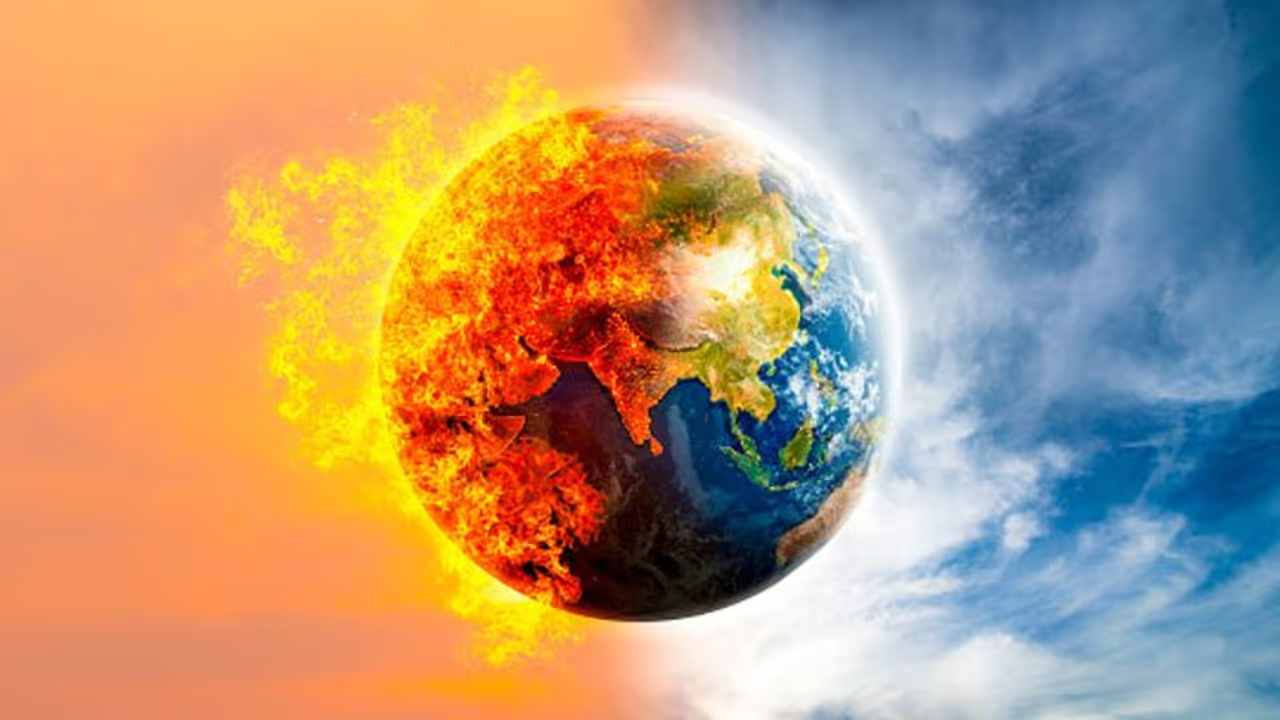July 3 marked the hottest day ever recorded globally, with an average temperature of 17 degree Celsius. Experts warn of the dangers of rising temperatures and the impact of the El Niño weather phenomenon.
Global temperatures hit a record, underscoring the dangers of ever-increasing greenhouse gas emissions generated from burning fossil fuels. July 3, was the hottest day ever recorded globally, according to data from the U.S. National Centers for Environmental Prediction. As heatwaves sweltered around the globe, the average worldwide temperature rose to 17.01 degrees Celsius (62.62 degrees Fahrenheit), breaking the previous record of 16.92C (62.46F) set in August 2016. Over the past few weeks, an extreme heat dome has plagued the southern United States. A persistent heat wave with temperatures exceeding 35C (95F) persisted in China. Temperatures in North Africa have been about 50 C (122 F).

Even Antarctica, which is presently experiencing winter, had unusually high temperatures. Recently, the Argentine Islands of the white continent's Vernadsky Research Base in Ukraine surpassed its July temperature record with 8.7C (47.6F).
Also Read | Why Saudi Arabia's oil production cuts are a risky gamble
China is experiencing a scorching new heat wave less than two weeks after temperatures broke records in Beijing. Extreme heat in India last month has been linked to deaths in some of its poorest regions.
Friederike Otto, a climate scientist from Imperial College London's Grantham Institute for Climate Change and the Environment in the United Kingdom, said: "This is not a milestone we should be celebrating."
"It's the end of the line for both ecosystems and people," he added. A developing El Nino cycle and climate change, according to scientists, are to blame.
According to a report released in March by the Intergovernmental Panel on Climate Change, there is a good chance that global temperatures will increase by 1.5C soon. The study also stipulated that by 2035, global greenhouse gas emissions must be 60% lower than they were in 2019.
Meanwhile, UN Secretary-General António Guterres has earlier urged countries to phase out the use of fossil fuels. He previously said, "Our world needs climate action on all fronts - everything, everywhere, all at once."
